About Us
Advertise With Us
RSS Feed | Content Syndication
Terms & Conditions
Privacy Policy
Contact Us
BollywoodShaadis.com © 2026, Red Hot Web Gems (I) Pvt Ltd, All Rights Reserved.

When we talk about pregnancy, there are a bunch of questions that pop into everyone's head. From the right time to get pregnant to chances of complications during childbirth are some of the frequently asked questions. However, apart from these, there are many factors associated with pregnancy.
With the current working culture, women take their time to plan a baby. A stable job and financial independence are some of the goals that they look into before starting to plan a baby. As the biological clock starts ticking, the chances of complications during pregnancy and risks associated with late pregnancy become more significant. Let's take a detailed look at some of the factors of pregnancy:

There are many signs and symptoms related to pregnancy. The most common pregnancy symptoms are:
One can expect pregnancy when a week or more has passed without the start of an expected menstrual cycle. However, this symptom cannot be taken into consideration if one has irregular periods.

After the hormonal changes, the breasts become sensitive, and after a few weeks, the body gets used to it.
Continue reading below

Morning sickness is yet another symptom of pregnancy. During the first two to three months, women feel nausea. This symptom is not common as some women feel it during the early months of their pregnancy, while others never experience it.

Sleepiness and tiredness are other symptoms of pregnancy. This mainly happens during the first trimester of pregnancy. As per studies, increased levels of progesterone are a major reason for fatigue.
There are mainly two ways of testing pregnancy, i.e., blood test or urine test:
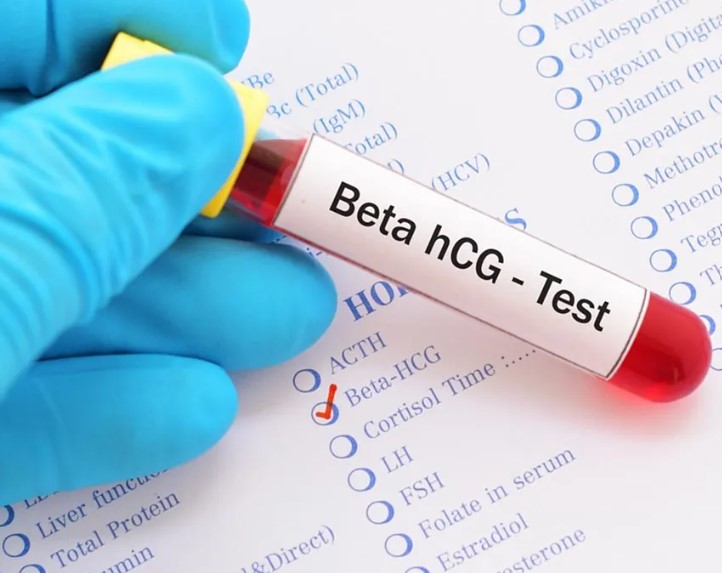
A blood test can detect pregnancy much before a pregnancy test at home, about 6 to 8 days after ovulation. A blood test or HCG (human chorionic gonadotropin) test measures the exact amount of HCG in one's blood. This test confirms the pregnancy as early as ten days after conception. This is considered the best pregnancy test.

Another way to know about the pregnancy is a urine test, which is the most convenient way. You can buy a home (urine) pregnancy test and check. Following are the steps:
a) Collect the first-morning urine and pour a few drops into the dipstick.
b) The dipstick may either show a plus or minus sign or a single or double line, depending upon the brand, to show the pregnancy result.
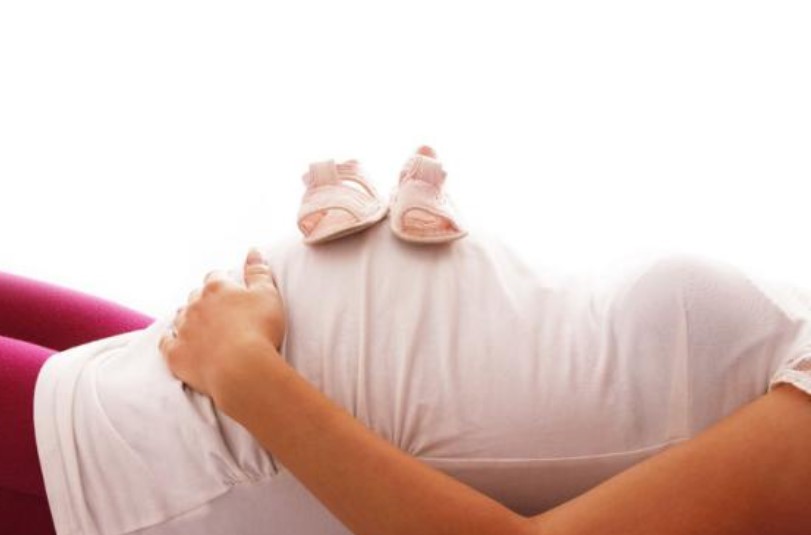
A few online pregnancy tests are done, too, based on the answers to questions about symptoms, ovulation, sex, past history and many other factors. Based on the responses, recommendations are given with the help of a pregnancy calculator or due date calculator. However, online pregnancy tests are not accurate and are non-reliable.

Often, a woman may have missed a period or faced a delay in her periods but still have a negative pregnancy test. If you are sure about your pregnancy after a missed period and a negative result, it is advisable to wait for a few days and do the test again. Else it is best to see your doctor.
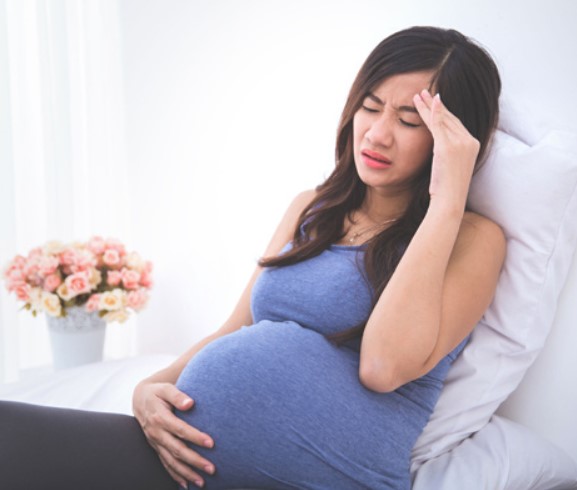
Gynaecologists suggest that women might have to bear several complications when they conceive post 30 or may even face difficulty conceiving. Therefore, it is always better to know the risks involved if you decide to get pregnant.

These days, women are opting for pregnancy when they have already entered their 30s. Late marriages, career and financial constraints are a few reasons behind this change. But at times, getting pregnant post-30 can get a little complicated. Therefore, it is always better to keep ourselves abreast of the risks involved in pregnancy after 30. Hence, let us look at some of the complications and pregnancy risks women are likely to face if they opt for late pregnancy.
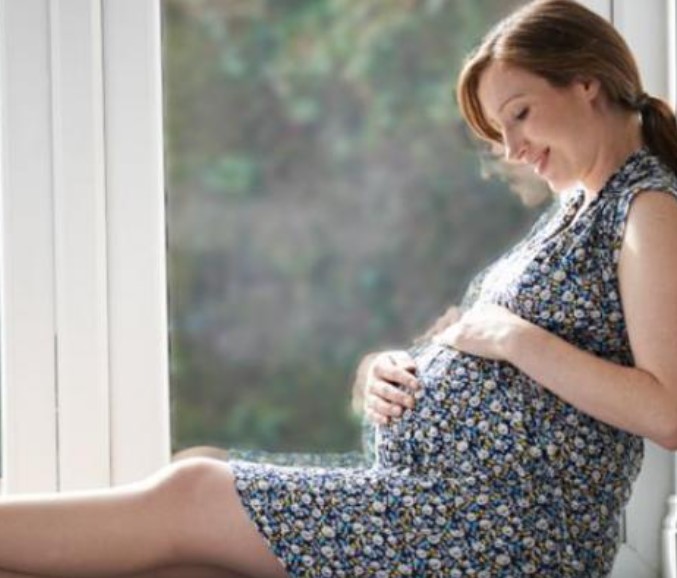
The older you get, the higher the risk of a complicated late pregnancy. A woman's body goes through various physical and hormonal changes after age 30. And with each passing year, there is a decline in her fertility rate. As per fertility specialist, James Goldfarb, Director of infertility services and IVF at the Cleveland Clinic Foundation in Cleveland, Ohio:
"There's a clear drop-off in fertility between ages 29 and 35, but the majority of 35-year-old women still won't have a problem. However, by 38 or 39, age becomes a big factor."
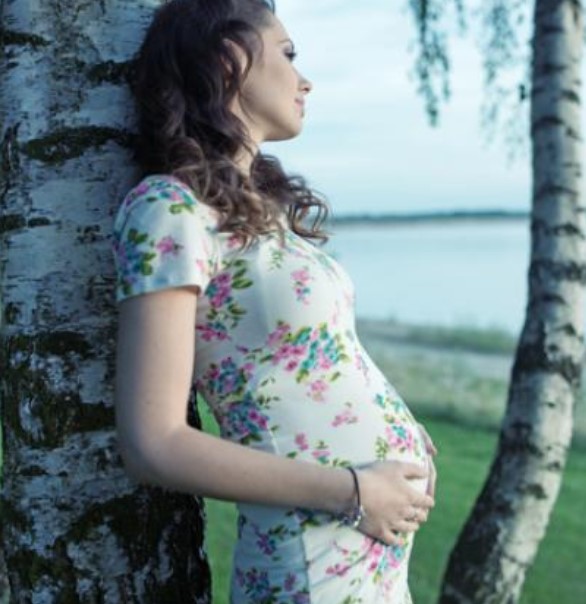
The main reason behind this is that women in their 30s tend to ovulate less frequently, making conception harder than those who ovulate regularly in their 20s, thus leading to late pregnancy. According to a leading fertility specialist, Sherman Silber:
"Overall, in your 30s you have only 15 per cent chance of getting pregnant in any single ovulation cycle."

Many studies prove that women who have already given birth once have greater fertility even at the age of 40 than those who have never given birth. There are many other factors that influence fertility. Other factors that impact fertility besides age are lifestyle factors, health conditions, and genetics. Let's take a look at the factors that affect fertility.

People who smoke are at a higher risk of infertility as several chemicals inside a cigarette can hamper the ovaries and fallopian tube function. It can also affect sperm mobility.
Body mass index (BMI) access the fat per cent in an individual's body. If the fat percentage is high, it leads to higher estrogen and testosterone levels, leading to disturbance in the production of insulin and infertility.
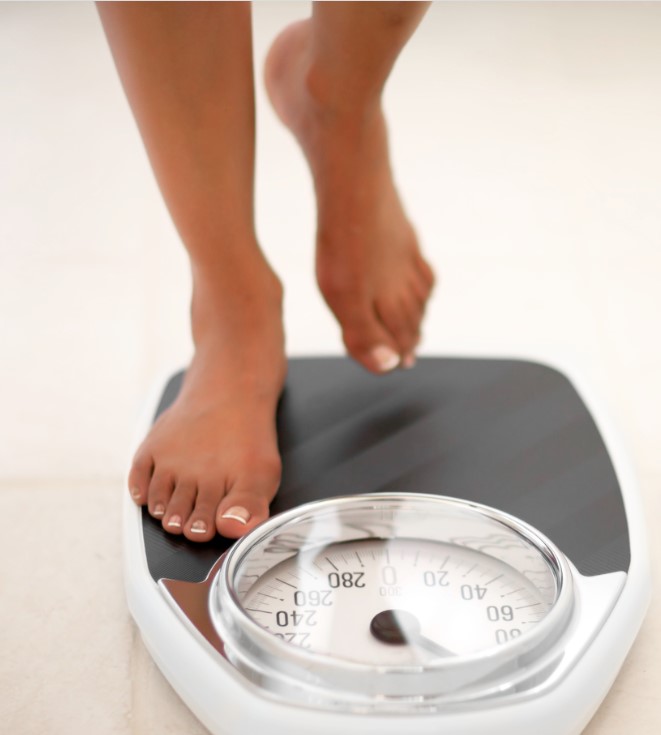
If the fat percentage is low, it will lead to fewer fat cells to produce estrogen and a disturbed menstrual cycle, which again leads to infertility.

PCOS can disrupt fertility as it can cause tubal blockages. In addition, uterine fibroids, also called polyps, are grown around the area surrounding the uterus. However, the ones that are grown inside the lining of the uterus lead to infertility.
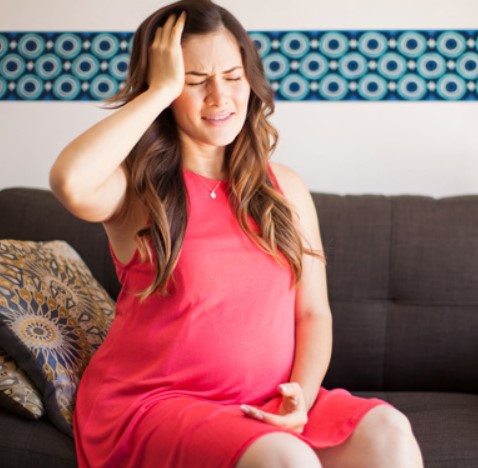
Late pregnancy involves higher chances of complications. It can involve risks for the pregnant woman or her baby's health. Certain diseases a woman had before her pregnancy can also lead to certain complications during her pregnancy. Problems like high blood pressure, diabetes, kidney problems and heart problems also complicate the late pregnancy, thus risking the baby's life.
Throwing light on the same, Dr. Rustom P. Soonawala, a specialist in women's health, says:
"Incidents of hypertension and gestational diabetes in 30-plus pregnancies are in the range of 8-12 per cent, compared with 5 per cent in the younger age group."

The early 30s is a good time to start family planning and thinking about getting pregnant. But after the mid-30s, as the female body begins to mature, ovulation becomes erratic, which may lead to infertility. The chances of a smooth pregnancy in your early 30s (30-34) are as high as about 86per cent. On the contrary, the risk of a possible miscarriage also increases if you opt for a late pregnancy conception.

The age of 35 is considered advanced maternal age. Innumerous studies have shown a higher chance of miscarriage in older moms. Do you know that almost half of the first trimester miscarriages happen due to fetal chromosomal abnormalities? Abnormalities such as these increase with maternal age and, as a result, raise the possibility of a devastating miscarriage.
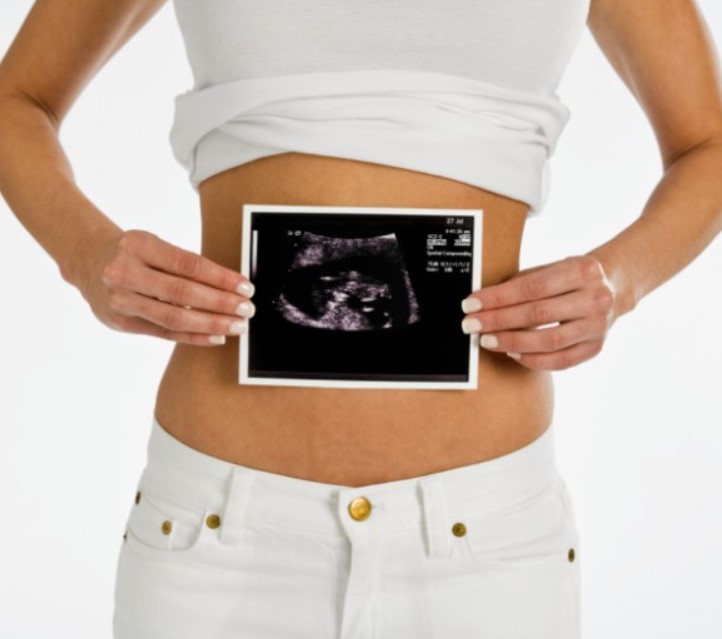
Many factors determine a miscarriage. However, research suggests that the odds of miscarriage are lower when a fetal heartbeat is detected in the ultrasound. A miscarriage is usually detected during the first trimester, between 11 and 14 weeks.
During the 8th week, when a heartbeat is detected, the chances of a miscarriage drop to 2 per cent. However, if a woman has 'cervical insufficiency', then seeing a heartbeat doesn't reduce the risk of miscarriage. Let's take a look at the average miscarriage rates by the week:
50 to 70 per cent of pregnancies end during this period as many people would not even know they are pregnant.
During this stage, the rate drops to 5-10 per cent as it is possible to detect a heartbeat during the 6th to 8th week, reducing the risk.
Between weeks 12-20, the chances of experiencing a miscarriage is less than 1 per cent. Miscarriage at week 20 is known as stillbirth and can cause a person to go into labour.
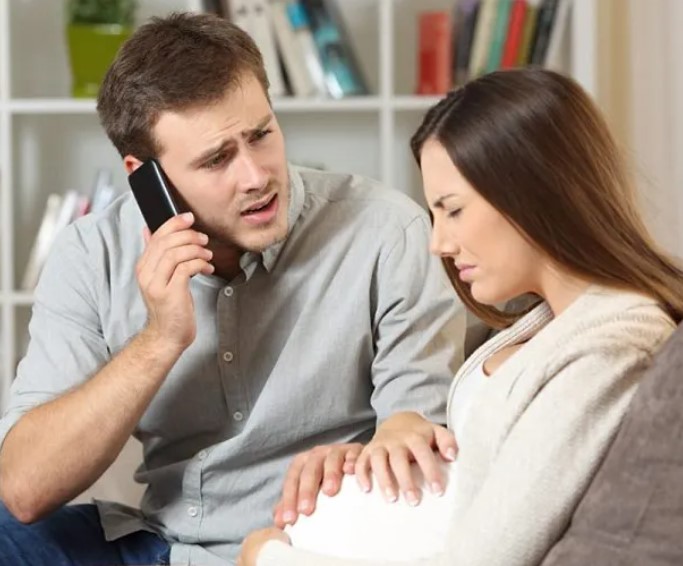
Preterm labour means when a pregnant woman goes into labour before the 37th week. This is the time before the baby's organs, such as lungs and brain, are fully developed. At this point, doctors often recommend bed rest to keep the baby inside the womb for a longer period and restrict early birth.
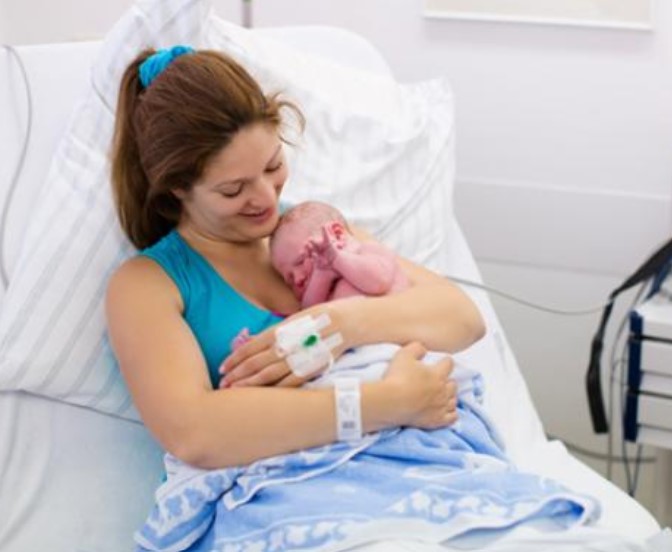
The chances of miscarriage gradually increase with age. According to ASRM (American Society for Reproductive Medicine), "About 20 per cent of pregnancies in the age group 35-39 end in miscarriage. This is 10 per cent higher than the chance of women in their twenties." However, childbirth complications tend to occur more during or after the mid-30s.
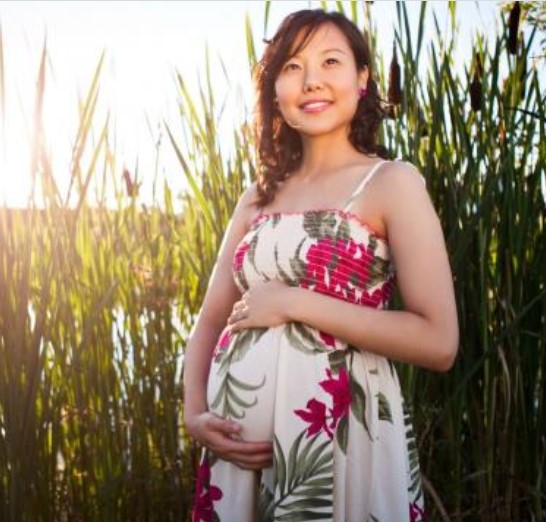
Even the possibility of a caesarean birth rises after the age of 30. According to experts, the increased C-section rates are due to fetal distress (signs that your baby is unwell in the womb) or prolonged second-stage labour (commonly known as the pushing stage), which is more common in women post-30. In addition, as per reports, babies born to women after age 30 often have the risk of getting problems such as Down syndrome or a spinal cord defect. But always remember, you can avoid all these if you properly start planning for your family.
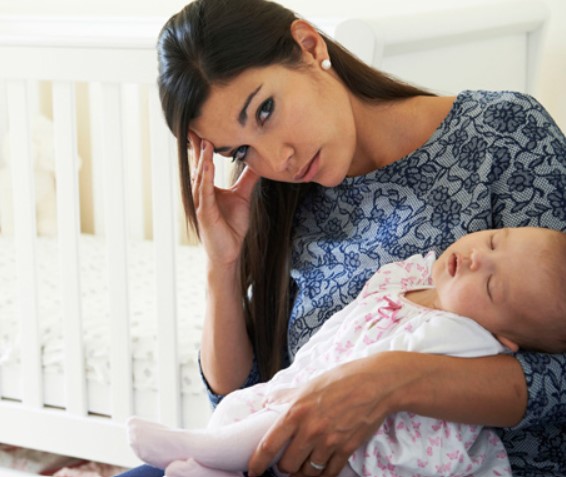
The chances of chromosomal abnormity increase in a child, born to a mother who is 30 or above. The possibility of a child being affected by 'Down syndrome' (delay in physical growth) is higher. As per ASRM: "The chances of baby with Down syndrome are 1 in 1,250 for a woman at age 25, but at 30, the likelihood shoots up to 1 in 1,000 and 1 in 400 at 35."
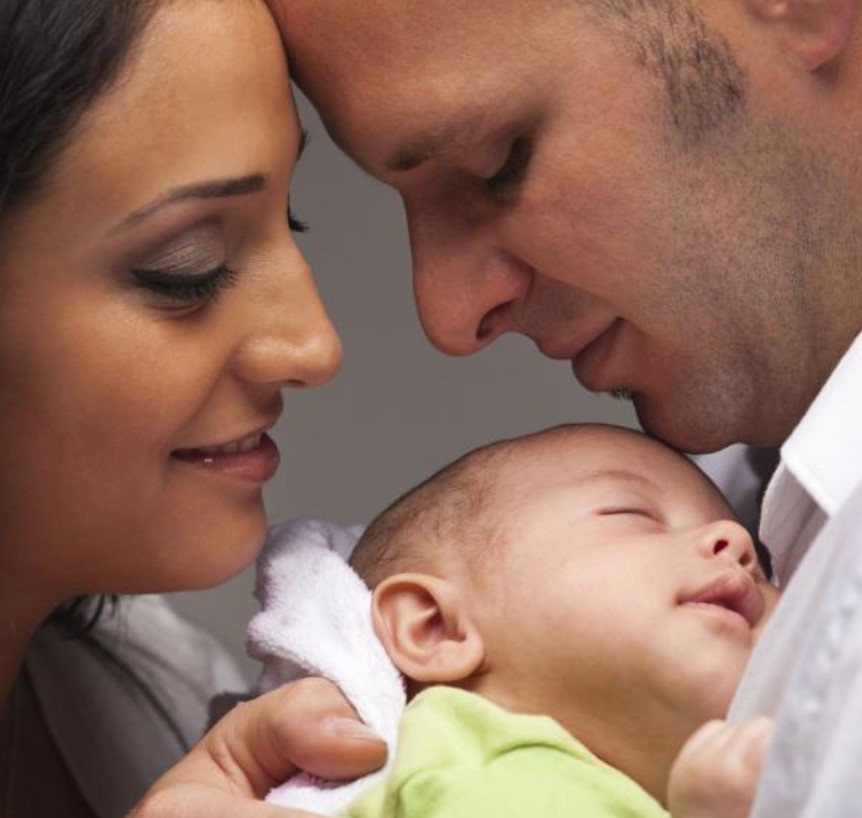
For women under age 35, the chances of conceiving through IVF are 25 to 28 per cent, while for those over the age 40, the rate drops to 6 to 8 per cent. Hence, if you are planning to have a baby post-30, it is recommended to consult a gynaecologist at every step. However, this, by no way means that you cannot conceive naturally, but a doctor can always help you in having a healthy and uncomplicated pregnancy.

Because of hormone fluctuations, older women are at a greater risk of carrying (twins or triplets). As you age, the chances of you having multiple babies increase. This can also happen on its own, and some might choose some fertility treatments which enable women to try for pregnancy with multiples especially.
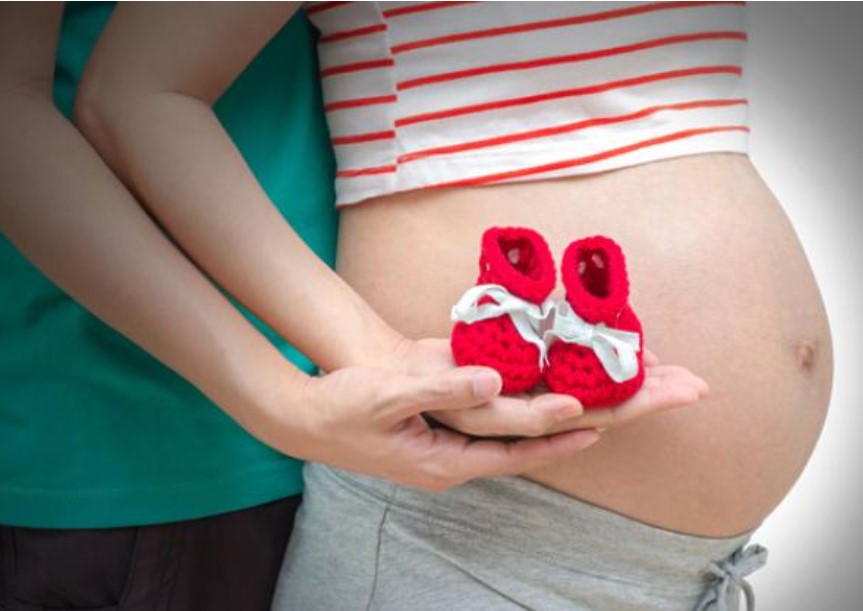
However, being pregnant with twins or multiple children after a certain age can result in a lot of problems. Problems like premature birth, preeclampsia (as per a March of Dimes report, preeclampsia is when a pregnant woman has high blood pressure and signs that some of her organs, like her kidneys and liver, may not be working properly), gestational diabetes and other problems can harm the baby's growth.

With breakthroughs in the field of gynaecology, conceiving a baby is not that difficult after all. With techniques like IVF, chances of late pregnancy can be well imagined. These are the few pregnancy risks that a woman might face if she conceives too late. You can avoid all of these by planning a baby early. And as the saying goes, the sooner, the better.
Frequently asked questions (FAQs)
#1 When to take a pregnancy test?
The best time to take a pregnancy test is when you miss your period. A week after the menstruation date is the best time to take the test for an accurate result.
#2 Can one get pregnant while breastfeeding?
There is a high misconception that women cannot get pregnant while breastfeeding. However, getting pregnant hugely depends on whether she has ovulated.
#3 How much weight should I gain in pregnancy?
It depends from person to person. The majority of women gain between 10 kg to 12 kg. The body starts gaining weight after week 20 and storing fat to make breast milk.
#4 What to do if there is spotting during early pregnancy?
Approximately 30 per cent of women face spotting in the first trimester, which doesn't always mean a miscarriage. The best thing, in this case, is to seek your doctor's help.
#5 When does one can feel their baby's movements?
The first movement of the baby usually happens between 18 and 22 weeks. These are very light movements and are usually called 'flutters'.
